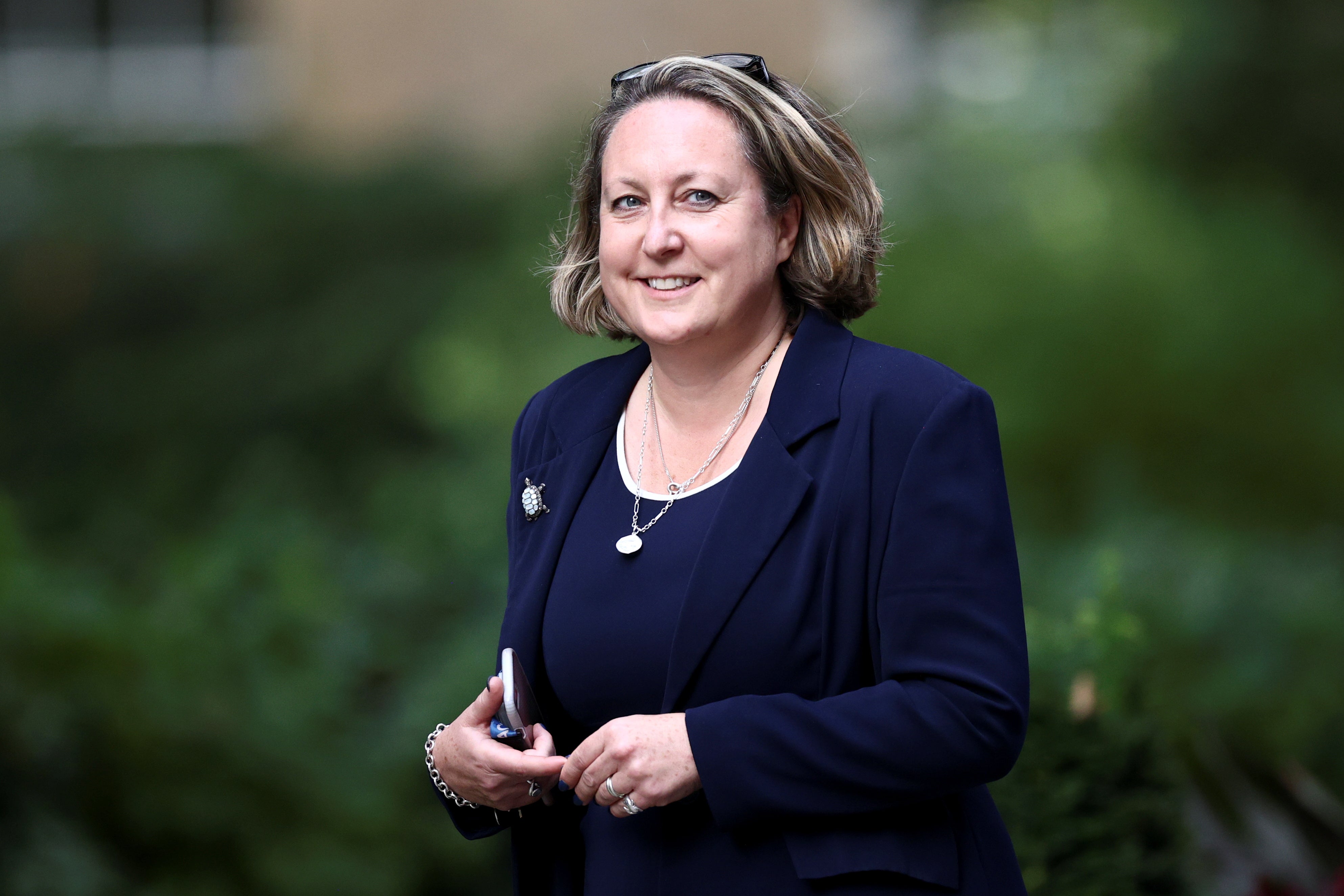UK lays ground for 2022 Gulf trade talks
The trade department is hoping to boost food and renewable energy exports to gulf states, but it will face intense human rights scrutiny

The UK is aiming to deepen trade ties with the Gulf in a move that will mark one of its most controversial negotiation efforts to date.
Trade secretary, Anne-Marie Trevelyan will hold talks with Gulf Cooperation Council (GCC) secretary general Dr Nayef Falah M Al-Hajraf and members of the Bahrain government, which currently holds the rotating presidency of the GCC, on Friday.
The move comes as the trade department calls for views on how it should approach talks asking for views from businesses and civil society. It is hoping to negotiate with a block of Gulf states, rather than pursuing bilateral deals. The consultation process will last for 12 weeks and formal talks are slated to start in 2022.
The GCC comprises Bahrain, Kuwait, Oman, Qatar, Saudi Arabia and United Arab Emirates. Each state has been the subject of significant human rights concerns, from treatment of migrant workers to the murder of Saudi journalist, Jamal Khashoggi in the Saudi consulate in Istanbul, Turkey in 2018.
The UK has a significant arms trade with GCC members, and accounts for around one in five of Saudi Arabia’s arms imports, some of which have been used in the conflict in Yemen, according to data gathered by the Stockholm International Peace Research Institute.
This new deal, however, will largely aim to deepen ties in areas such as the life sciences, healthcare and green energy, according to people familiar with its planning. Oil rich members of the GCC are seeking to diversify both their energy usage but also their wider economies, away from a dependency on oil.
The step comes as Britain grapples with its post-Brexit strategy for attracting foreign investment. The UK has long sought to attract GCC wealth to its shores, and even changed the rules on how companies are listed on UK stock exchanges in a move widely seen as a bid to woo the listing of oil giant, Saudi Aramco in 2018.
The Saudi Public Investment Fund, a sovereign wealth fund overseen by Crown Prince Mohammed bin Salman, is understood to be providing 80 per cent of an imminent £300m takeover of Newcastle football club. Sacha Deshmukh, Amnesty International UK’s chief executive has described the deal as an effort to “sportswash” the country’s “appalling human rights record”.
Separately, human rights campaigners accused Boris Johnson of “fueling repression” by meeting with Bahrain’s crown prince earlier this year, after a UN high commissioner said the country’s treatment of prisoners violated international law.
People familiar with the British Diplomatic Service have often claimed that its deep ties to GCC members, built on a complex colonial history in the region, have proved critical in sensitive intelligence relations, including with the United States.
“A trade agreement with the Gulf Cooperation Council is a huge opportunity to liberalise trade with a growing market for British business and deepen ties with a region that is vital to our strategic interests,” the trade secretary said.
Amid mounting economic pressure on farmers, including worker shortages abattoirs and seasonal workers, the trade department is hopeful that a GCC deal could boost their export prospects in the Gulf. The UK exported around £600m worth of food and drink to the region last year.
The trade secretary said she wanted a deal which “breaks down trade barriers” for food, drinks, digital services and renewable energies.
The GCC has a common external tariff – a tax on imports – of 5 per cent on most goods. This is relatively low compared to some other economies. This is, in part, because GCC states are import dependent in a range of areas, most particularly agricultural products, importing around 85 per cent of their food. This means there will be little impact on British good exports from lower tariffs alone.
There are also trade tensions within the GCC, amid economic competition and political rows between Saudi Arabia and UAE. With the UK’s negotiations taking a grouped approach, rather than with bilateral deals, it is not yet clear how it will navigate some of these internal politics.
Subscribe to Independent Premium to bookmark this article
Want to bookmark your favourite articles and stories to read or reference later? Start your Independent Premium subscription today.

Join our commenting forum
Join thought-provoking conversations, follow other Independent readers and see their replies